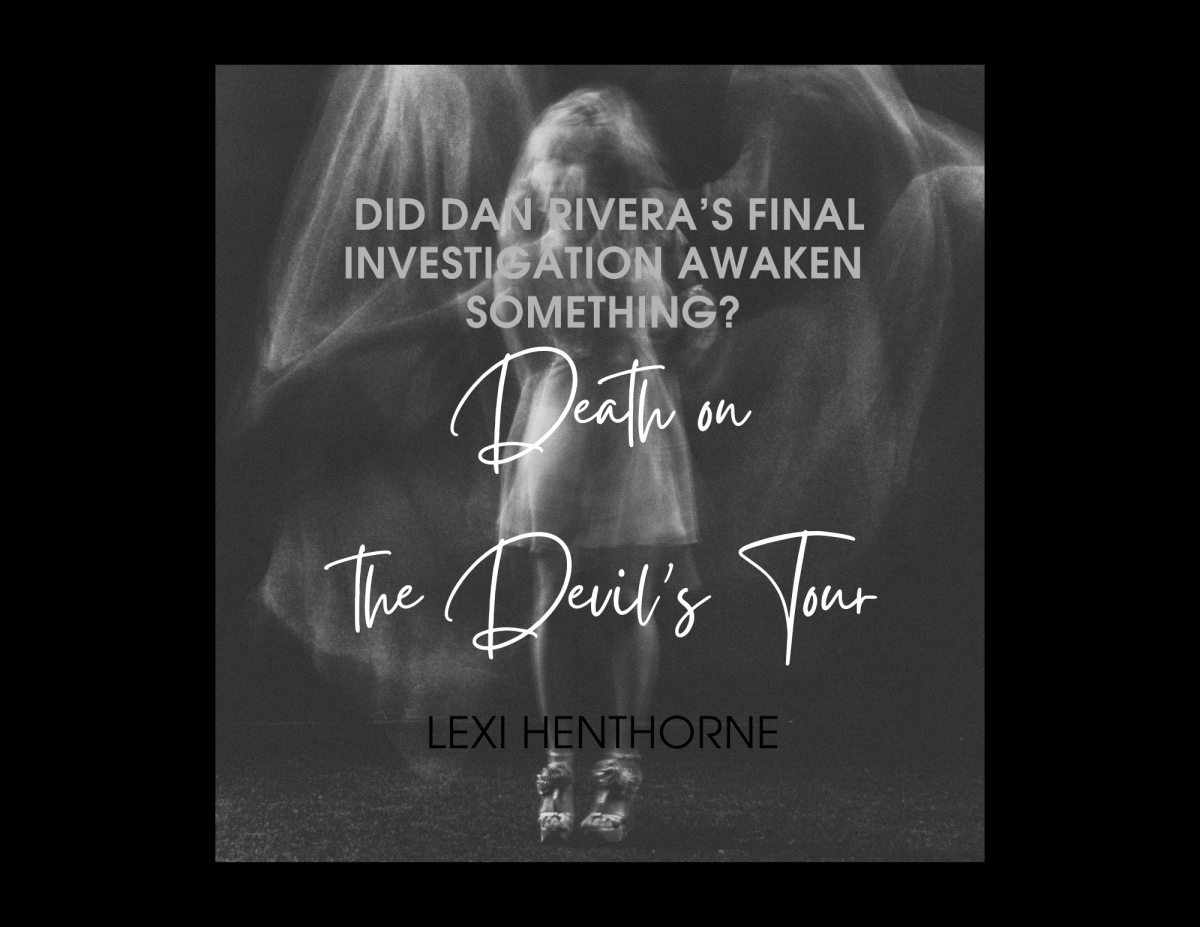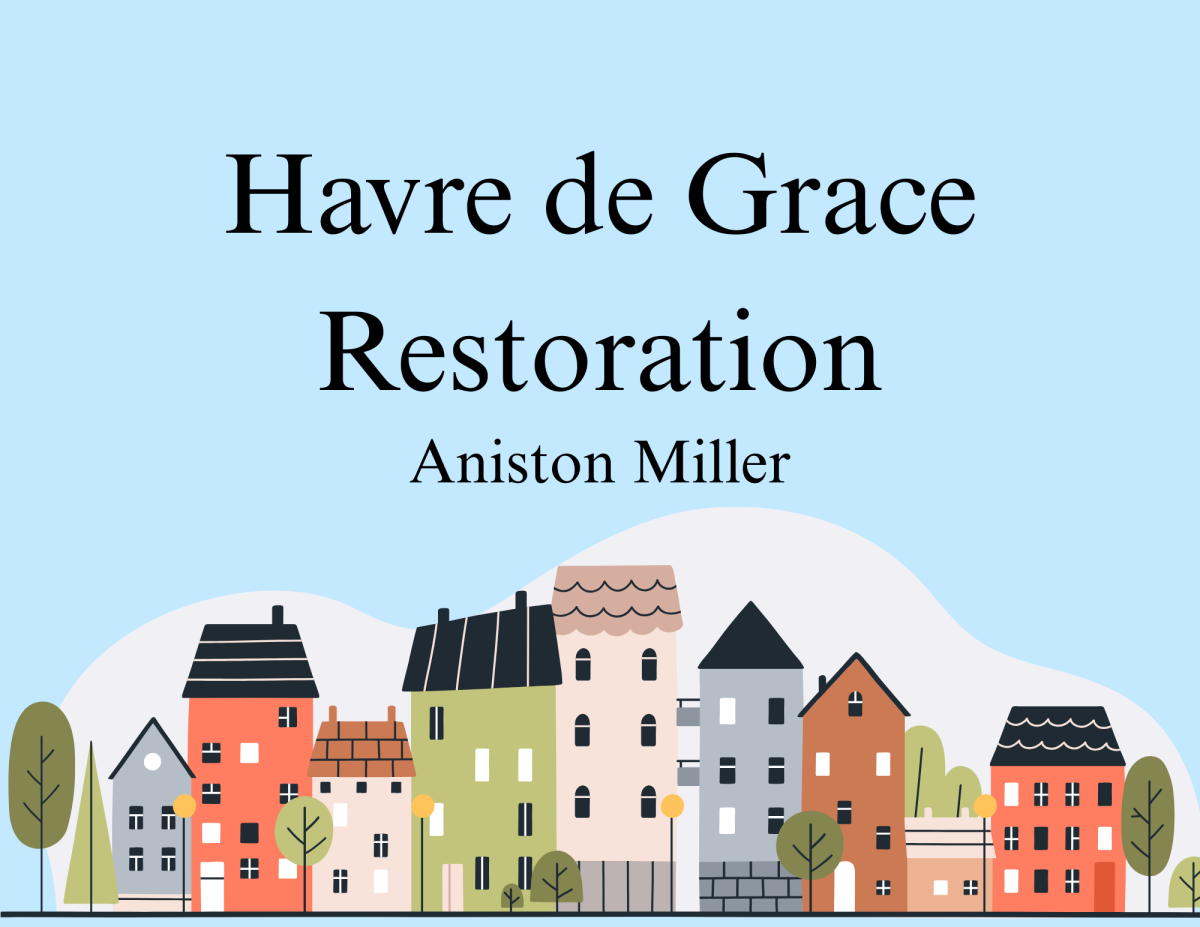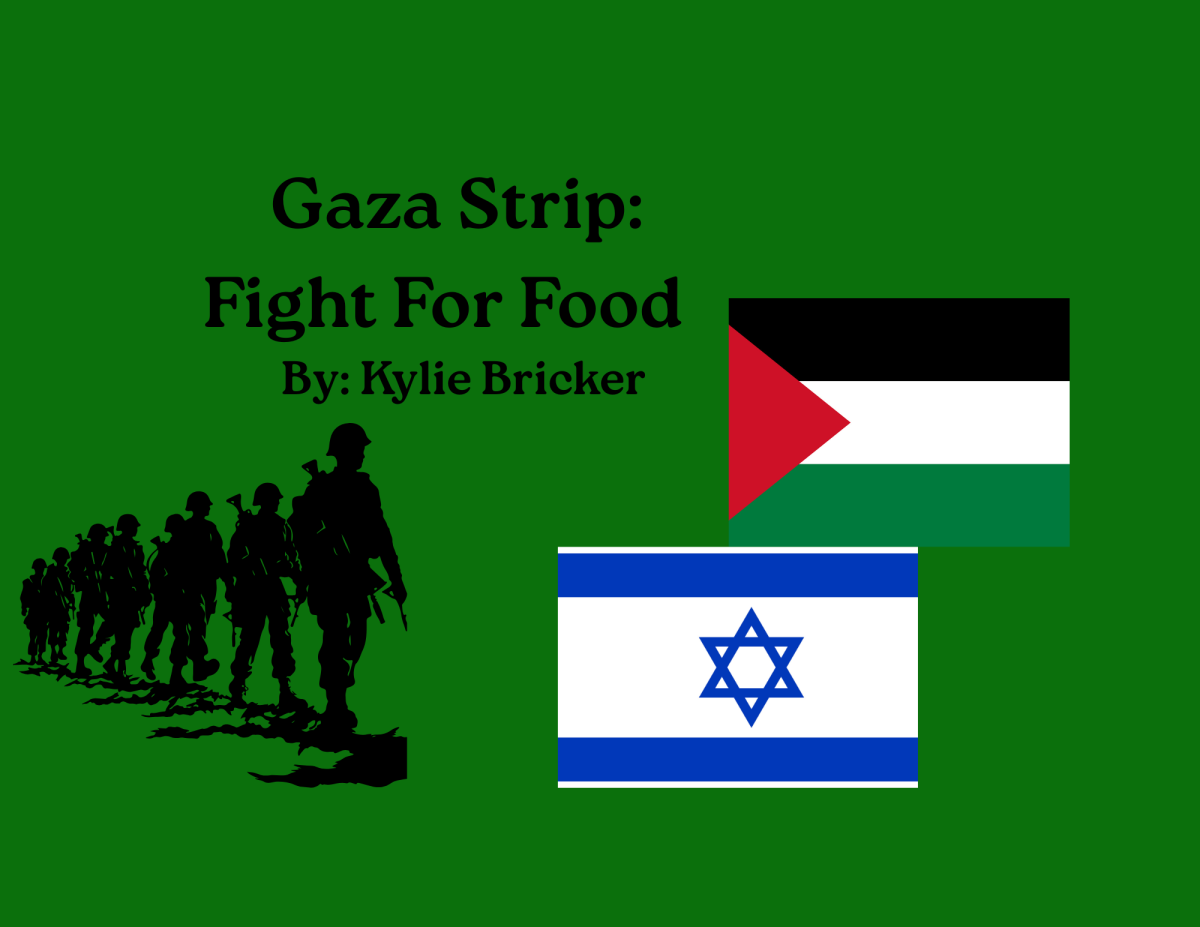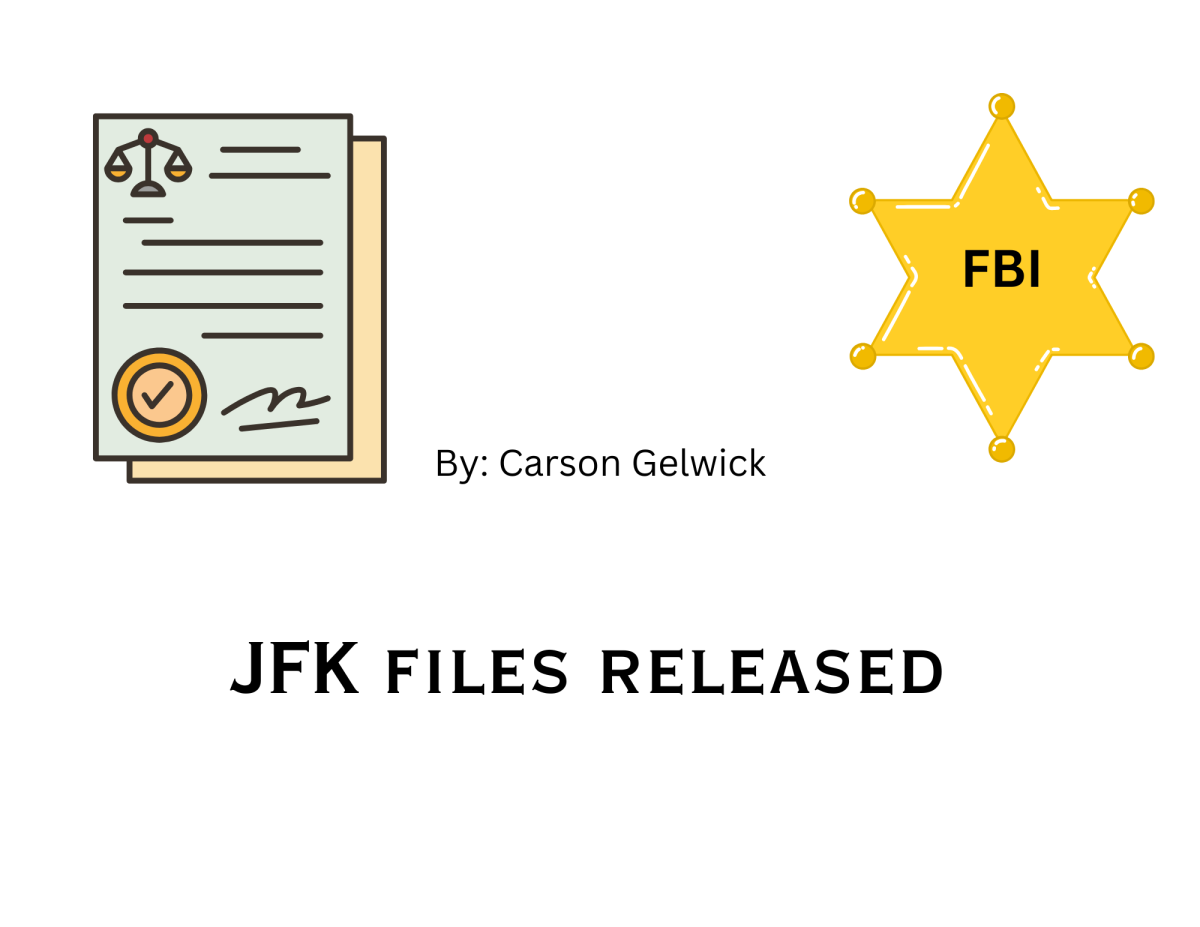Across the country, books are being taken off the shelves, and it has finally happened in
Harford County. The Harford County Public Schools’ Board has banned its first book, Flamer by
Mike Curato. The book is about Filipino American boy who goes to summer camp. It seems
innocent, but some see it as wrong. The book has won several awards including the Lambda
Literary Award and the Golden Kite Award for Illustrated Books for Older Readers. According
to the CBS article “Harford County’s Schools decision to ban book has parents, teachers voicing
concern” a board member states,” It’s sexually explicit, and it has tons of vulgar language in it…
It’s just not the kind of thing that is appropriate for your average middle school or high school
student…There’s only so much shelf space in a school library, and we want to curate the best
school library possible.”
Harford County. The Harford County Public Schools’ Board has banned its first book, Flamer by
Mike Curato. The book is about Filipino American boy who goes to summer camp. It seems
innocent, but some see it as wrong. The book has won several awards including the Lambda
Literary Award and the Golden Kite Award for Illustrated Books for Older Readers. According
to the CBS article “Harford County’s Schools decision to ban book has parents, teachers voicing
concern” a board member states,” It’s sexually explicit, and it has tons of vulgar language in it…
It’s just not the kind of thing that is appropriate for your average middle school or high school
student…There’s only so much shelf space in a school library, and we want to curate the best
school library possible.”
There is a strict process librarians must follow when adding books into their school
library. Our C. Milton Wright librarian Mrs. Buckley explained how she does research on books
and determines that they are appropriate. Journal Review Resources are made specifically for
librarians to use for their libraries. The reviews come from multiple publishing companies. “I
look for books with at least two positive reviews,” Mrs. Buckley confirmed. If books don’t meet
the requirements of having ‘good reviews’, they do not get added to the library.
There has been an inevitable public objection over the banning of Flamer. The main
argument comes from the fact that the decision was made during a closed-door meeting that
differed from usual protocall when a book is challenged. Usually when a book is challenged all
the librarians, board members, etc. read the book and have a discussion about the contents. Then
if there is no decision based on what to do with the book, it goes to a review committee. This
time the usual procedure was bypassed, and librarians and committees did not get the chance to
discuss and make the decision.
“I feel we have some really good procedures in place for people to ask questions,” Mrs.
Buckley commented on the standard system. She also added that all parents have access to
Destiny Discover, a system that gives students and parents access to all library books in the
school online. There is a process where parents can flag a book for their child, which prevents
their child from checking out the book and being able to read it. “People don’t understand we
have to get out master’s degrees,” Mrs. Buckley stated. “I do. I really do wish people trusted us
(librarians) to do our jobs.” The librarians and teachers work extremely hard to maintain happy
students and keep them engaged in learning; now they are being undermined.
It is still unknown why Flamer was banned. There have been speculations about the
religious aspects of the book. The boy is classified as Catholic and questions his religion as he is
isolated at the camp. Other than that, there is a discussion about the LGBTQ part. “It’s really in
passing,” Mrs. Buckley clarified. “To me the hardest to read was not any of that, it was the
boyish bullying.” Mrs. Buckley’s experience with the book led her to be confused, along with a lot
of the community.
religious aspects of the book. The boy is classified as Catholic and questions his religion as he is
isolated at the camp. Other than that, there is a discussion about the LGBTQ part. “It’s really in
passing,” Mrs. Buckley clarified. “To me the hardest to read was not any of that, it was the
boyish bullying.” Mrs. Buckley’s experience with the book led her to be confused, along with a lot
of the community.
Community values have become a large part of this discussion, but if anything has been
learned through this it is that not one person has the same values as another. What is wrong or
frightening to one could be art and expression to someone else. Mrs. Buckley expressed she
believes it should be a family decision, “I don’t think it’s far for one family to tell another family
what their kids can’t read,” she voiced. Opposers to this ban would criticize for taking away free
speech or the right to information. Then the line will get very thin. There seems to be to many
differences of opinion to be able to make a “clear community decision.”
Flamer returning to our library shelves seems to be unlikely, but there needs to be a clear
discussion over where we draw a line as a community
discussion over where we draw a line as a community






